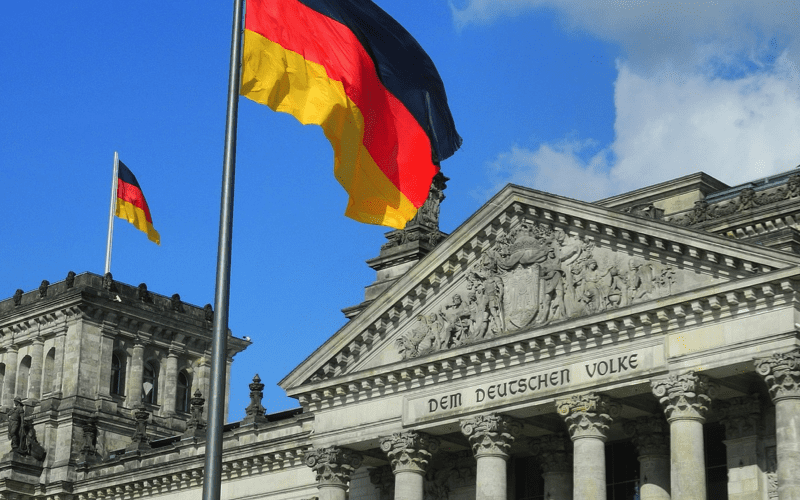Legislation Under Fire From German Gambling Regulator
Europe’s legal gambling market has been in a state of flux for the last few years. While the continent has long been one of the most liberal regions in terms of its stance on gaming, it has become increasingly more restrictive as governments look to curb the ill effects of problem gambling and unregulated markets. However, a German gaming regulator has spoken out against proposed changes to legislation in the country, arguing that it will have a detrimental effect on the body’s ability to prosecute bad actors and protect the industry from money laundering. This comes as a number of European nations look to challenge the small country of Malta’s legislation, causing friction among the different states as they look to do business within the industry.

Regulatory Heads Suggesting Rethink of Proposed Changes
The German regulatory authorities are keen for the federal government to tweak proposed amendments to current legislation as they feel it will leave them in a weaker position when attempting to tackle illegal gambling. Currently, section 284 of the Criminal Code allows for the regulatory bodies to use criminal charges against parties suspected of participating in illegal gambling. Federal ministers are looking to remove this from the Code, which would remove this ability and critics are concerned that this would lead to an effective decriminalization of a gambling black market in the Western European powerhouse. The head of the Glücksspielbehörde (GGL) has spoken on the matter, imploring the ministry to instead add further specifications that will allow German authorities to combat the offshore illegal industry alongside domestic concerns. In a speech delivered at Berlin’s LOTTO Talk, Ronald Benter announced, “We would like the Federal Ministry of Justice to rethink the planned reform and rather demand that the paragraph be expanded to include illegal gambling providers based abroad.”
This would potentially be in direct contention with Maltese law, a small member of the EU where many of the continent’s online casinos and sportsbooks are licensed. In fact, current German legislation flies directly in the face of Maltese Bill 55 which, according to global law firm Taylor Wessing, allows Maltese businesses to sidestep the enforcement of legislation from other EU member states. It argues that any enforcement would be a contradiction of the trading bloc’s Freedom to Provide Services principle, which allows EU citizens to avail of services from businesses in other states without fear of prejudice or prosecution of either party, as long as the service is legal in the state of business. More restrictive German legislation would understandably cause concern in Malta as it would see this as falling foul of the fundamental principles of the EU as a collaborative project. It’s unlikely, though, that German regulators will back down from their stance given that the mood in Europe at large is that the industry has been allowed too much free reign and that the time has come for more oversight and greater sanctions for those facilitating illegal or problematic gambling.
Is a New Dawn for European Gambling Industry on the Horizon?
As mentioned, it is clear that the majority of Europe’s major powers are looking to get a grip on the gaming industry. The UK’s much-discussed whitepaper on gambling has proposed radical changes, including restrictions on advertising and the phasing out of gambling sponsorship in soccer. The same can be said of countries like Italy, too. However, it looks as if Malta will not take these restrictive legislative measures without a fight. According to the Irish Times in 2023, the Maltese government had already spoken to EU chiefs about Ireland’s proposed restrictions. The Irish have discussed completely banning gambling advertising but have also suggested restricting winnings from some non-state lotteries and gambling outlets to €360,000 and as low as €3,000 in some instances. Malta states that this would be unjustified and that the government of Ireland needs to provide greater justification for its restrictions before they can be accepted.
It appears that there will be major change in Europe as we continue through the 2020s. Most governments outside of the economies that are largely reliant on the gambling licensing industry are deciding to shut down many avenues of iGaming and place restrictions on its citizens accessing them. With so many countries singing from the same hymn sheet, it would be surprising if there was a major U-turn in the near future. However, if Malta does manage to challenge new legislation in a number of major powers, it would certainly be interesting to see how the fallout would unfold.
